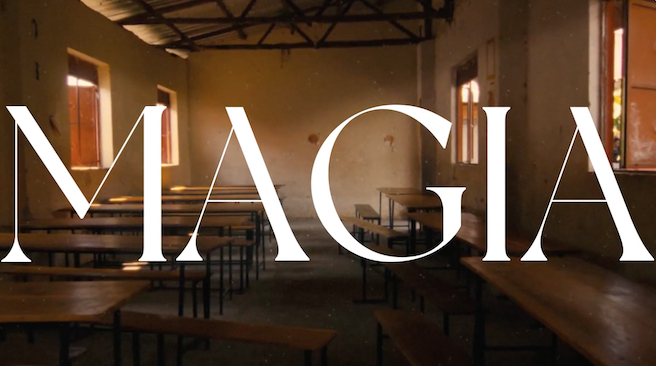What do economists think about the recent financial turmoil and its impact on the economy?

What do economists think about the recent financial turmoil and its impact on the economy?
World Economic Forum (WEF) survey conducted in March-April 2023 among chief economic officials from the public and private sectors. According to a large majority of respondents, the recent turmoil in the financial sector is not a sign of systemic weakness, but they also believe that further shocks are likely during the year.
The main conclusions of the survey are as follows:
- Economic prospects: Most respondents believe that there will be no global recession this year. The most pessimistic growth outlook is in Europe (particularly the “moderate” growth expected for this year).
- economic inflation: Three-quarters of those surveyed believe the cost of living will remain an issue this year due to “steady” inflation. The most pessimistic view of inflation is in Europe (90% of economists believe it will remain “high or very high”).
- Recent turmoil in the banking sector: Nearly 70% of those surveyed believed it was an “isolated episode with limited additive effect”, while 30% believed there were “indications of systemic weakness”. When asked about the likelihood of bank failure or other serious financial turmoil in 2023, nearly 70% answered “somewhat likely and/or very likely.” 30% think it is “not likely or unlikely” or “somewhat unlikely”. 82% of respondents believe that the recent banking turmoil will lead to a tightening of financial conditions for companies to obtain bank loans.
- Regarding the regulatory response to the recent financial turmoil, opinions are divided into three: 36% believe that banking turmoil will be followed by a change in banking regulations both nationally and globally. While another 36% believe that it will only lead to regulatory changes at the national level, and 27% believe that it will be limited to measures taken immediately after the collapse of the American and Swiss Bank.
- 80% of the economists surveyed believe that central banks face a dilemma between fighting inflation and financial stability. 82% believe the rise in interest rates will slow, given concerns about financial stability. 76% believe that central banks will have difficulty bringing inflation to their target rates.
When asked about the main impact of higher interest rates, economists responded with the following: “the real estate sector” (67% think it will see “significant disruption”), financial activity (50%), and global financial markets (36%).
- Geopolitics: 90% believe that in the next three years it is likely that geo-economic competition or tension will deepen to a greater or lesser extent.

“Award-winning zombie scholar. Music practitioner. Food expert. Troublemaker.”









